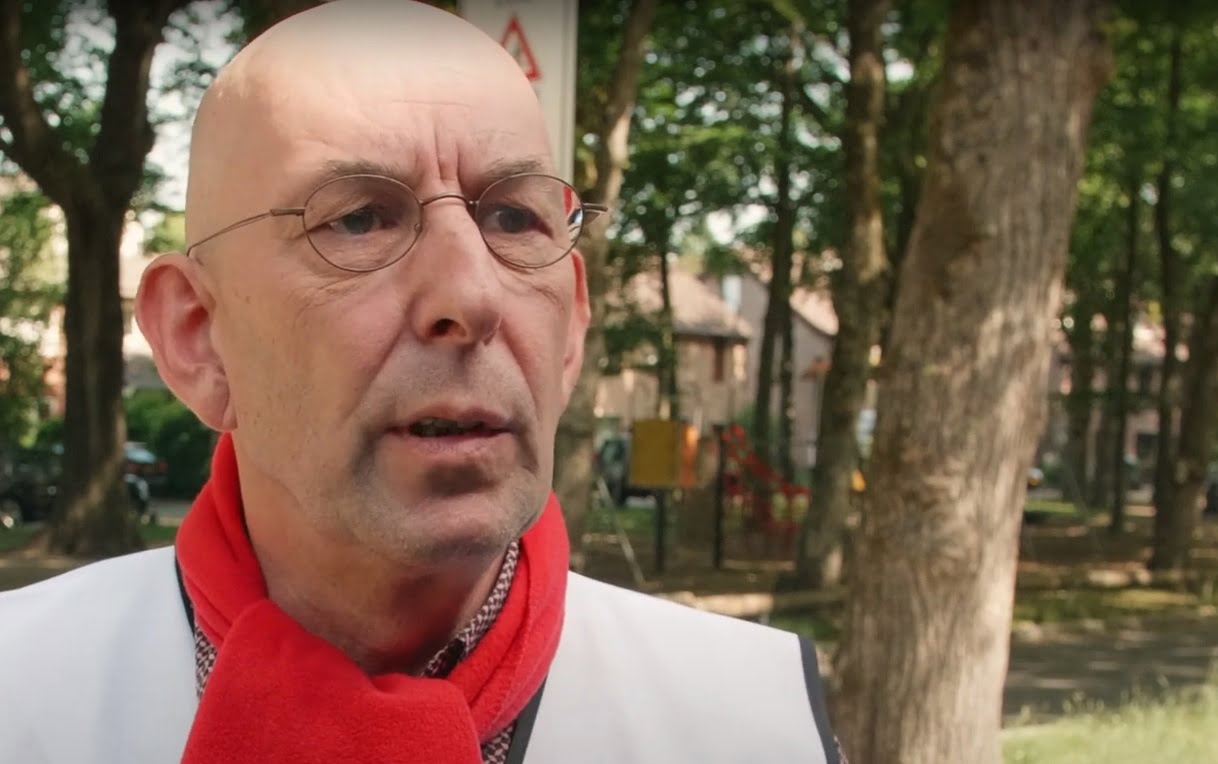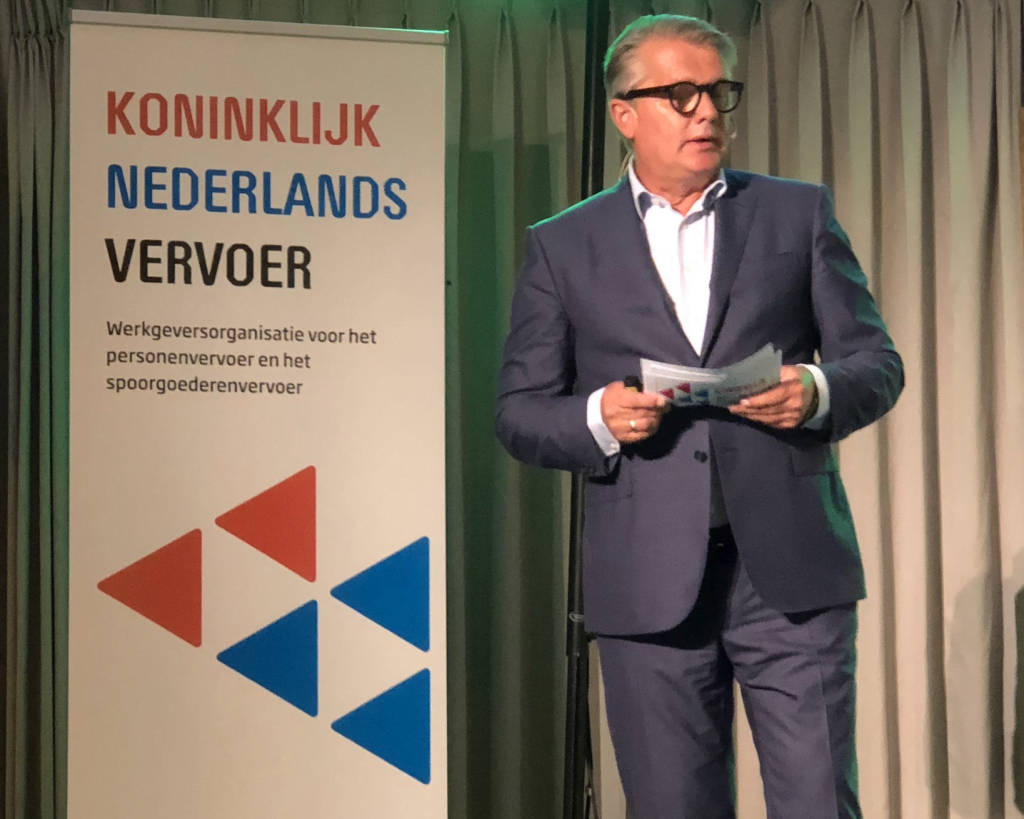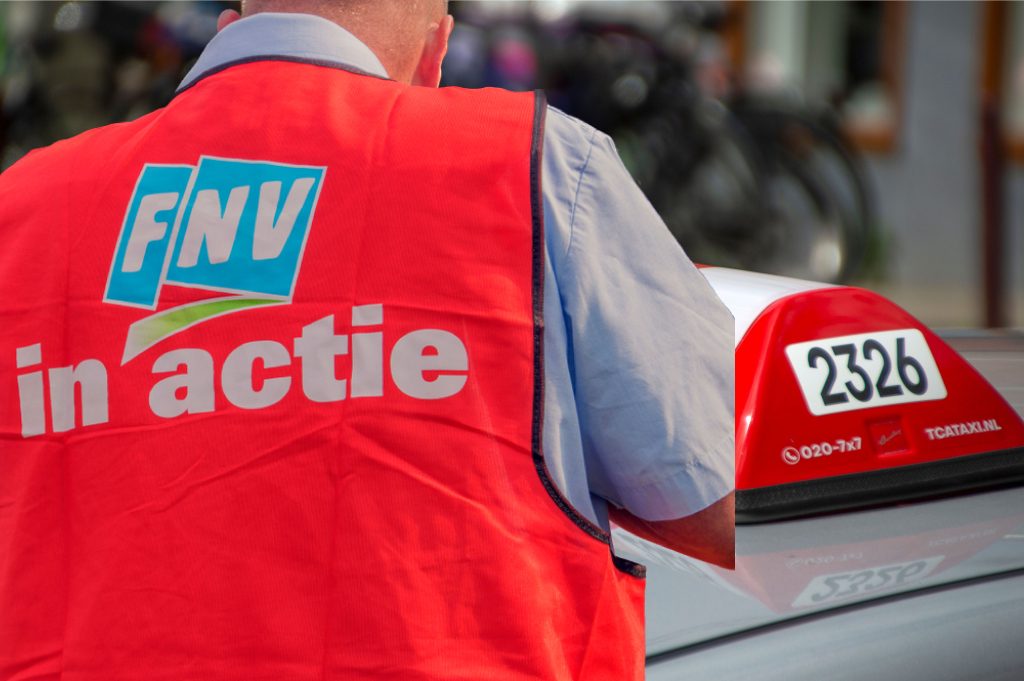Now that Statistics Netherlands has released the inflation figures for October, the percentage by which wages must be raised in the coming year is 14,3% as far as the FNV is concerned.
It is now clear that trade unions from all sectors are negotiating. A consequence of the current economic consequences among the members and the willingness to strike because the water is on their lips. Price increases, expensive energy rates and on top of that the rates for health care premiums that were announced last weekend are cause for concern.
Pupils Interest Secondary Education (LBVSO) calls on drivers in student and care transport not to go on strike during school trips or trips to daytime activities. “Vulnerable children have been seriously affected by the driver shortage in recent times,” tweets the interest group LBVSO.
The relations between the employers' organization KNV and the members of the trade unions FNV and CNV have never been tested so much in recent years. The professional groups that Royal Transport Netherlands (KNV) has under its control are either on the warpath, or a constructive attitude at the negotiating table is hard to find. However, according to chairman Bertho Eckhardt, there was an excellent offer on the table. The unions see it differently.
'Even Minister Wiersma understands it. Now the KNV employers. What arrogance on the part of employers to think that only 150 members will reject the final offer!'
Meindert Gorter said on Twitter

"Certainly in this sector, with highly committed employees, striking is a last resort. But they can no longer make ends meet on their salary, wages are withheld for breaks that cannot be taken and if drivers fall ill, they do not get a day's work. paid out and then they are cut by 30%."
Meindert Gorter - union director FNV Taxi
Not only are the employers Taxi and Healthcare Transport having a hard time. According to representative for the touring car sector Hilbert Michel (KNV), the claims made by the unions are correct, that it is already wrong and it is a miracle that it has not gone wrong yet, by no means. According to the employers' organisation, safety is not in the least at stake, in contrast to the statements of the unions.
In the letter to the parent and participation councils, the parents were asked to inquire about the working conditions of the drivers when booking a coach. The union is upset that the rates of coach companies have risen sharply on the grounds of increased fuel prices and coach drivers have not received a pay increase since 2020. For Michel, the unions have really fallen through the lower limit and traveling by bus is super safe.
"Due to the low wages, drivers are forced to make several trips and breaks are skipped due to the high workload. Fortunately, that has not yet led to unsafe situations, but we shouldn't wait for that either."
Lutz Kressin, director FNV Toer
The statement by secretary Carlo Cahn (BVN), that there was no understanding whatsoever for the poor financial situation of the sector, did not go down well with the members. Cahn indicated that he could not follow the thinking of the unions. The emphasis placed by the trade unions on inflation was not justified by BVN. All statements are sensitive. Nevertheless, Royal Dutch Transport underestimates the strength of the trade unions FNV and CNV. “They jointly represent less than 12% of the employees in this sector and, moreover, only a part of the union members voted on the final offer,” said BVN chairman Bertho Eckhardt.
"The unions did not negotiate, only categorically said no and pushed for action."
BVN chairman Bertho Eckhardt

The FNV has now definitively determined the wage demand, now that Statistics Netherlands has published the inflation figures for October, the percentage by which wages must be increased in the coming year is 14,3% as far as the FNV is concerned. It is therefore time for KNV to understand the consequences of the current negotiations. In all sectors, unions are winning wage increases of an average of 12%.
Not only in bus transport, but also within the taxi transport sector, things go very wrong at the negotiating table. 22.000 people work in this sector, mainly with part-time contracts averaging 20 hours per week. KNV does not really score well. After nine rounds of negotiations for a new collective labor agreement for Healthcare Transport and Taxi, the trade unions FNV and CNV pulled the plug from the negotiations.
The announcement of actions is a result of employers not taking the demands of their own employees seriously. Due to the skyrocketing inflation, many households see their wages fall back to the level of 1998. The government measures partly repair the fall in income, but they are largely temporary.
appointments
At the Dutch Railways, the Metal Sector and recently at IKEA and the Transport Sector, the FNV has shown that if employees organize themselves together, employers are prepared to make good wage agreements. The current Collective Labor Agreement for Taxi and Healthcare Transport expires on December 31, 2022. Negotiations for a new Collective Labor Agreement have been underway since May of this year and are now deadlocked.
The consequences for student transport and care transport can be guessed at. Two sectors that are already under pressure. In the meantime, clients are also done with the staff shortage in this sector and are also asking employers to offer taxi drivers a higher salary. The fact that the sector is emptying is not only due to an aging population, but also to drivers who turn their backs on low wages.




